Rural Minnesotans deserve and demand affordable, reliable, convenient, and clean transportation options that truly meet their needs. Expanding access to clean transportation is essential for cutting costs for rural families, improving quality of life, and addressing Minnesota’s top source of climate pollution. CURE is an advocate and hub of information for rural Minnesotans who want to be included in an electric transportation movement that fits rural life. To amplify CURE’s work and advance the movement for clean transportation across the state, CURE is a member of the Coalition for Clean Transportation, a team of Minnesota clean energy, environmental, and social justice advocacy groups working for a better transportation future.
Watch to Learn More about Clean Transportation
Clean Transportation

0:54
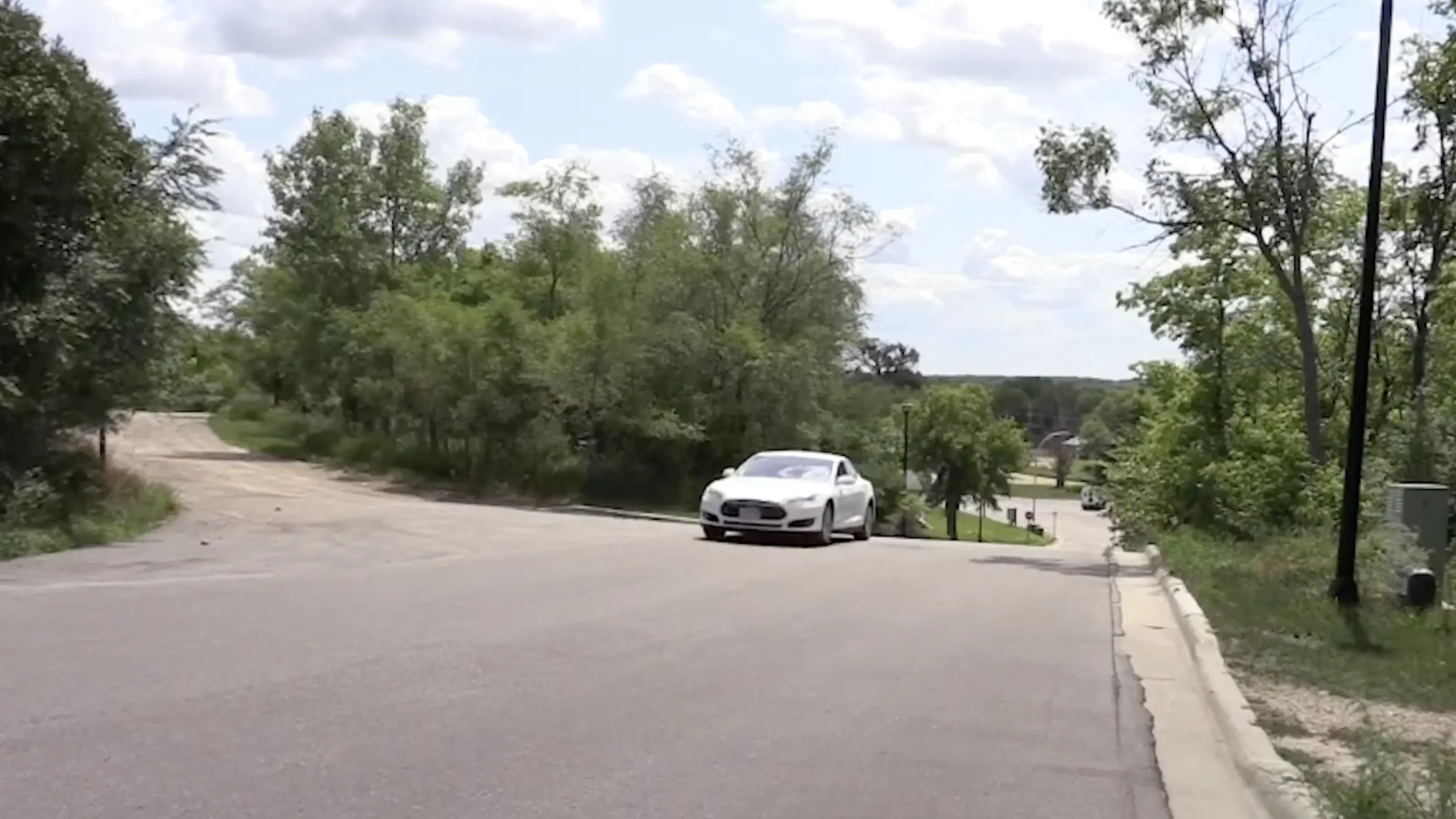
0:52
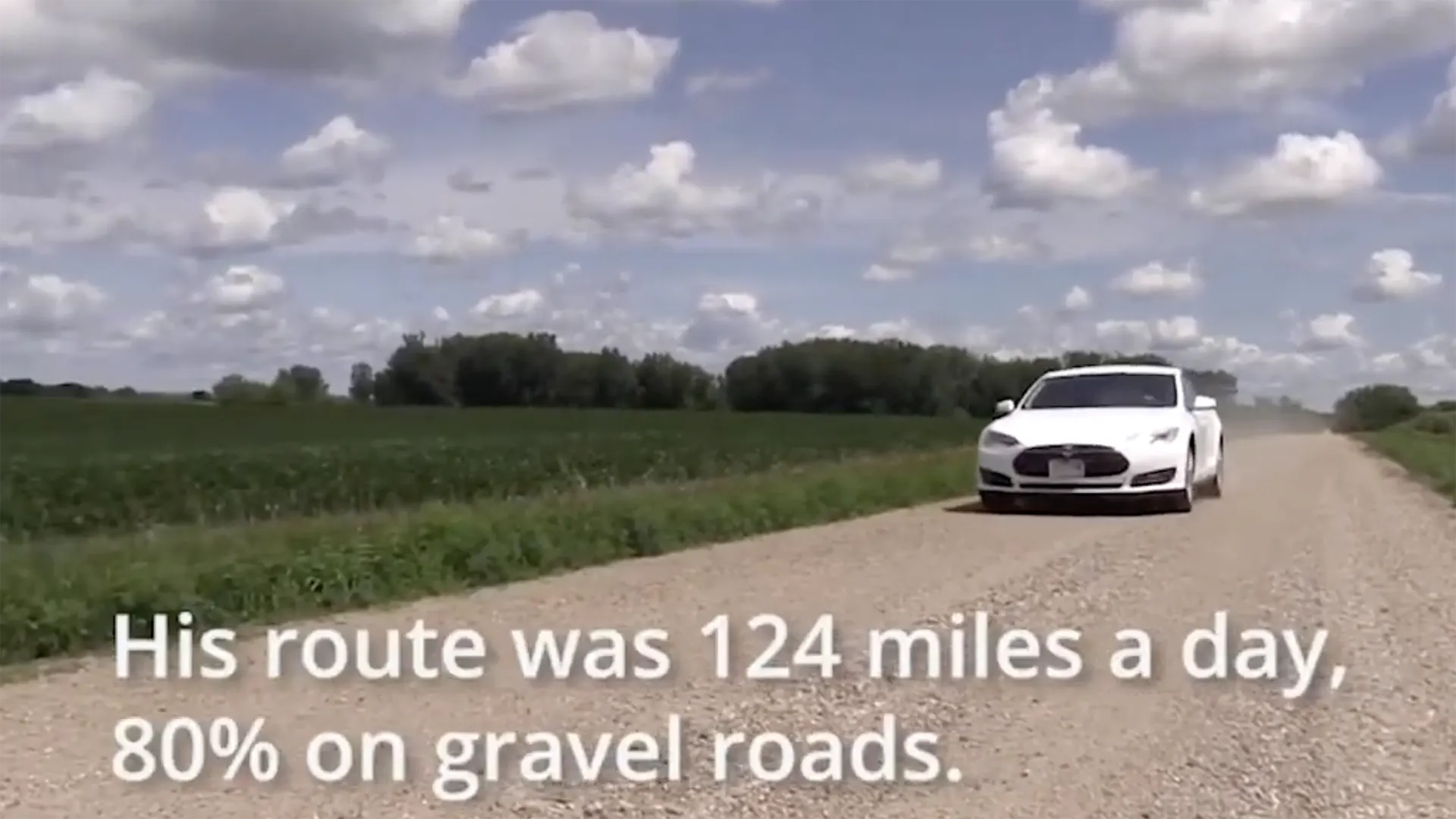
0:35
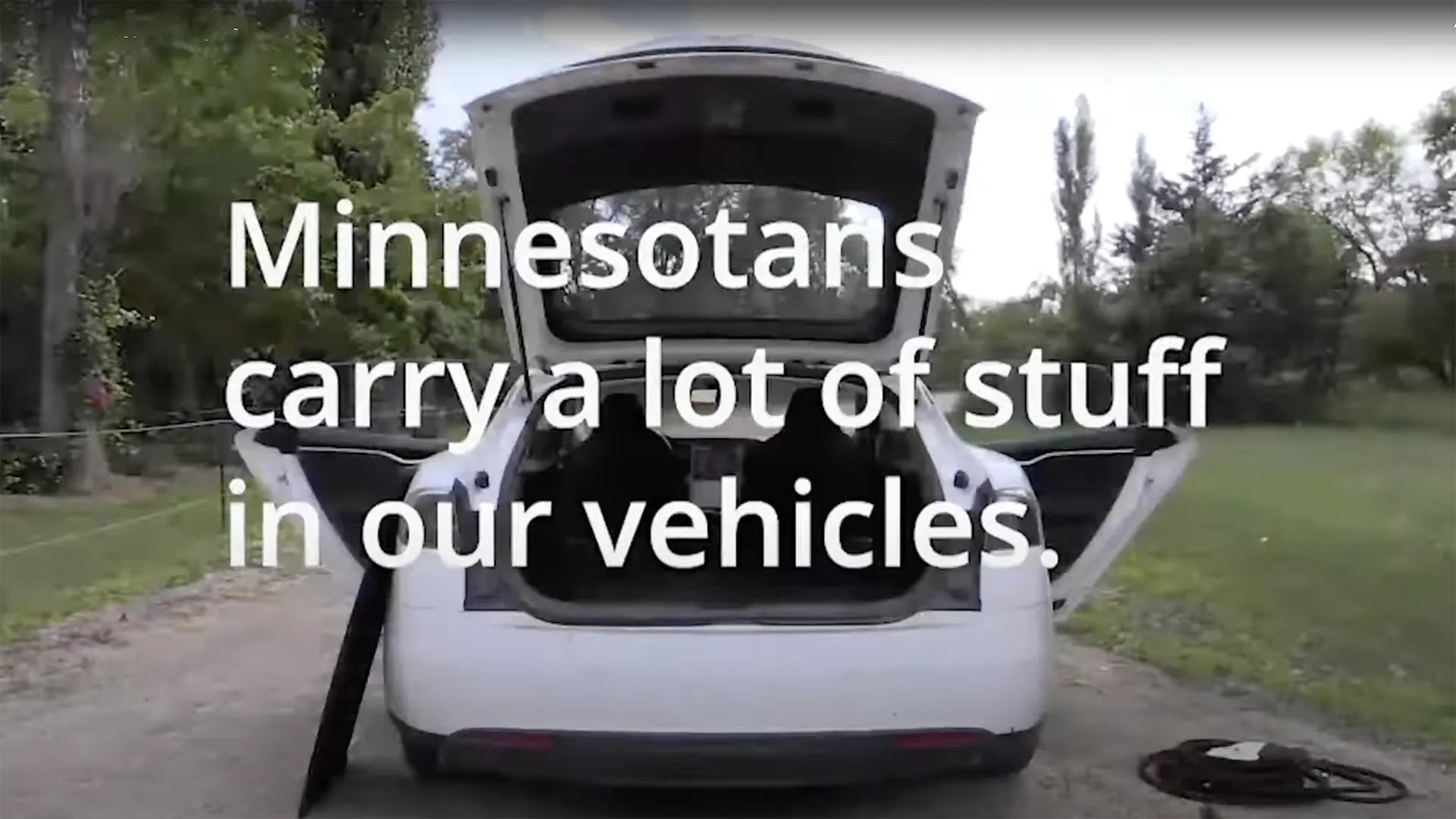
0:25

0:24
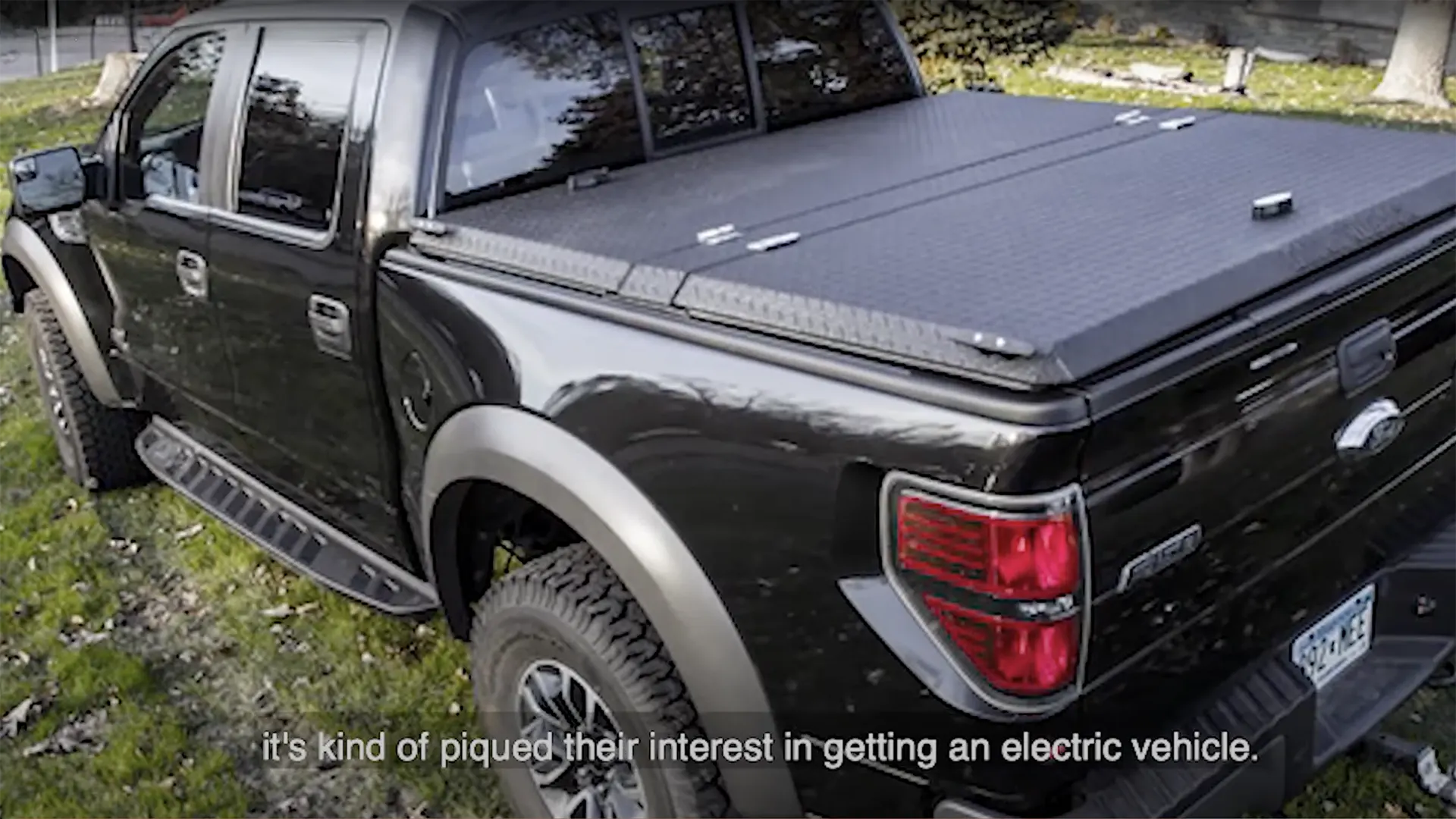
0:58
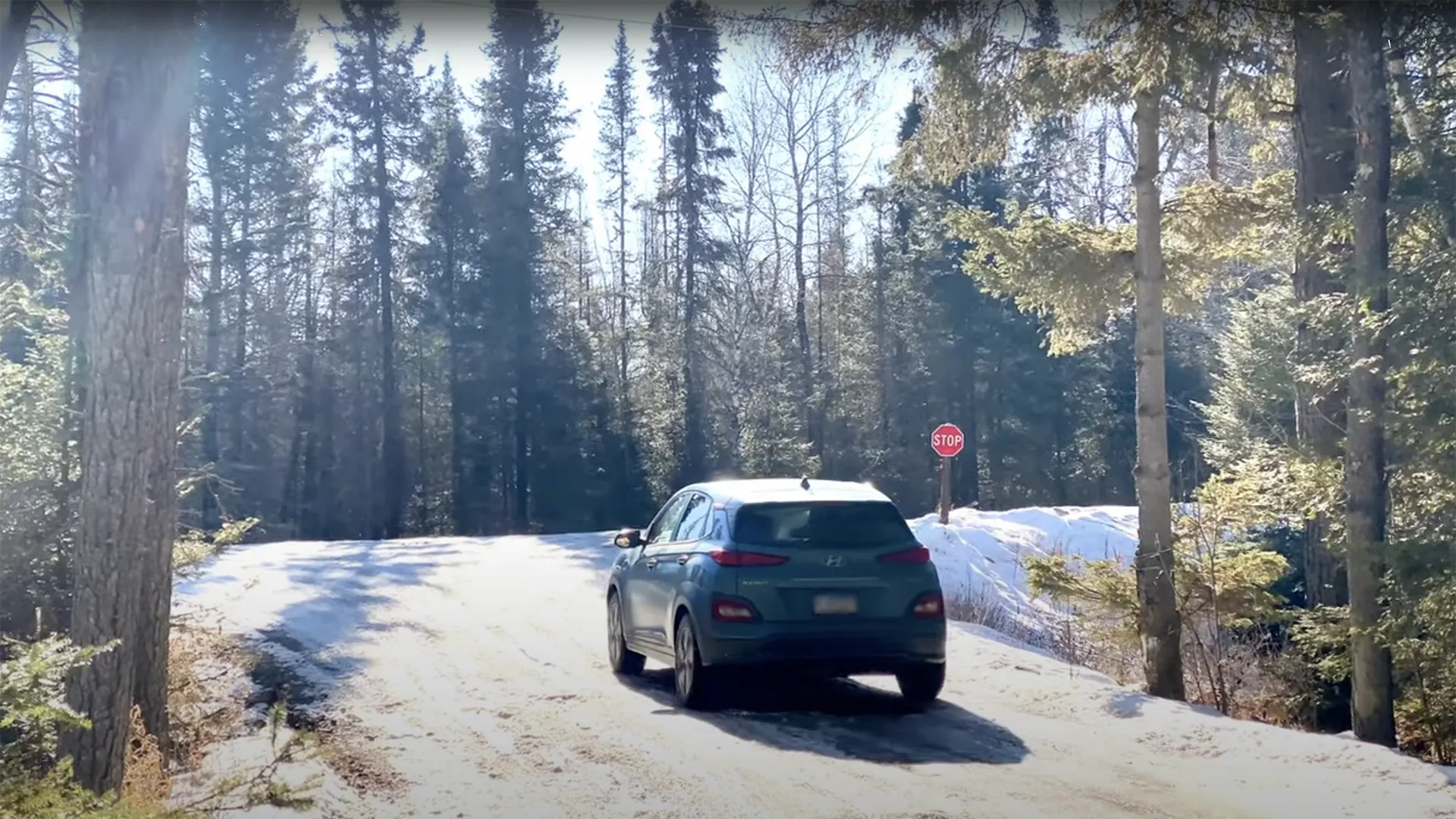
1:01

59:03
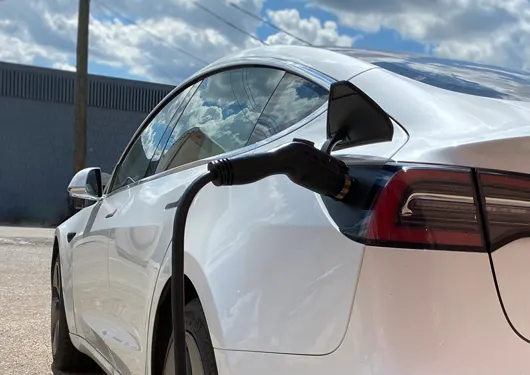
Electric Vehicles
CURE work towards real solutions for rural communities’ role in a clean energy future, not dead-end pathways. Electric vehicles (EV) are the most direct route for rural Minnesotans to lower their fuel bills while also reducing climate pollution. Every year, there are more and more EV models available that fit rural Minnesotans’ driving needs—battery ranges have gone up, and prices have come down. Recent research confirms that EVs offer substantial environmental benefits over traditional gasoline-powered vehicles. In addition, rural residents can work with their local utility to set up off-peak charging to get the best electric rates while helping utilities manage their electric loads — a win-win for everyone!
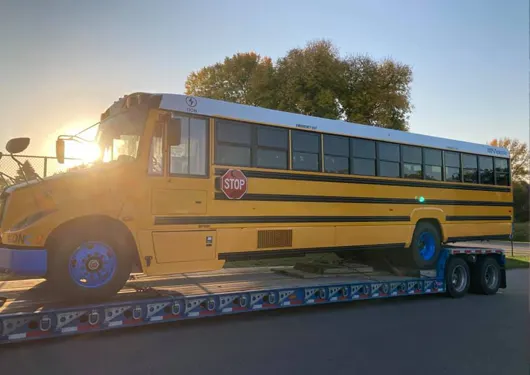
Electric School Buses
From daily commutes to away games, rural kids spend a lot of time on the move. When schools make the switch from diesel to electric buses, these children see remarkable health benefits. Electric buses also make the most of tight school budgets; each electric school bus in Minnesota saves schools $4,000-$11,000 annually. Through CURE’s work in the Coalition for Clean Transportation, we advocate for legislation that supports school bus electrification and electric school bus charging infrastructure across the state.
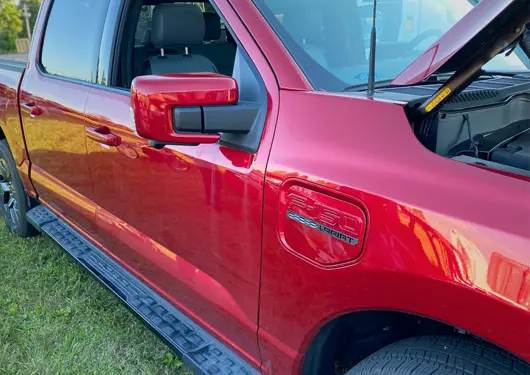
EV Incentives
As part of the so-called “One Big Beautiful Bill” that became law in the summer of 2025, the Trump Administration eliminated the federal tax credits of $7,500 for new and $4,000 for used electric vehicles. The “savings” from eliminating the EV tax credits fund tax breaks for billionaires. For years, these tax credits made it easier for working families across the country to afford both new and used electric vehicles, which are not only cheaper to run but also require less maintenance. Eliminating these credits makes it harder for everyday people to benefit from the cost savings and pollution reductions that electric vehicles provide.
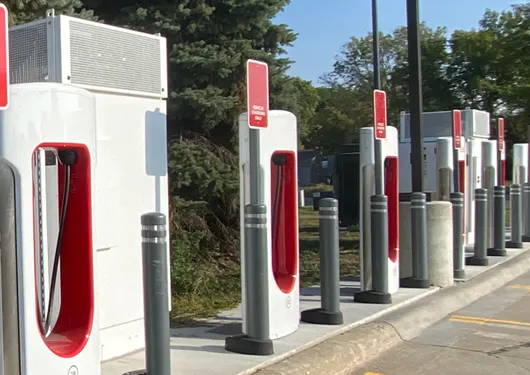
Charging Infrastructure
Whether traveling from Morris to Minneapolis or from Marshall to Moorhead, rural Minnesotans need reliable and accessible places to quickly charge electric vehicles. The build-out of the fastest chargers (DCFC/Level 3) along rural corridors is a known need at the local, state, and federal levels. CURE advocates for communities and utilities to utilize state and federal (NEVI) incentives for this critical infrastructure. Forward-looking utilities and rural electric cooperatives are key to the clean transportation transition, as well as working with customers and member-owners to install home charging stations, where 80% of EV charging happens.
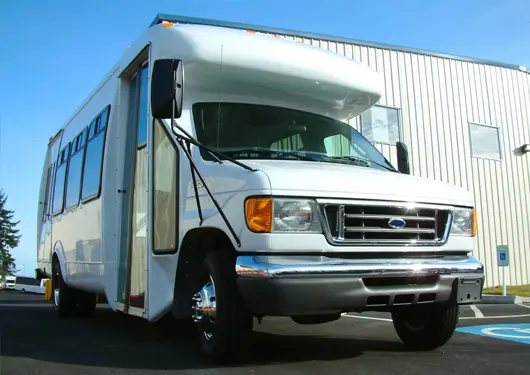
Electric Rural Mass Transit
In rural Minnesota, transit remains a pressing concern, especially with the increase of aging populations who can no longer drive. All rural residents deserve accessible and reliable transportation for daily needs, medical appointments, family visits, and general community participation. However, rural transit agencies, which often struggle with limited hours, staff, and budget, face challenges in planning for a clean transportation future. These agencies stand to benefit from cost-saving measures, one of which is switching from internal combustion engines to electric vehicles. CURE is engaging with transit agencies across the state to make a clean transit future a reality across rural Minnesota.

